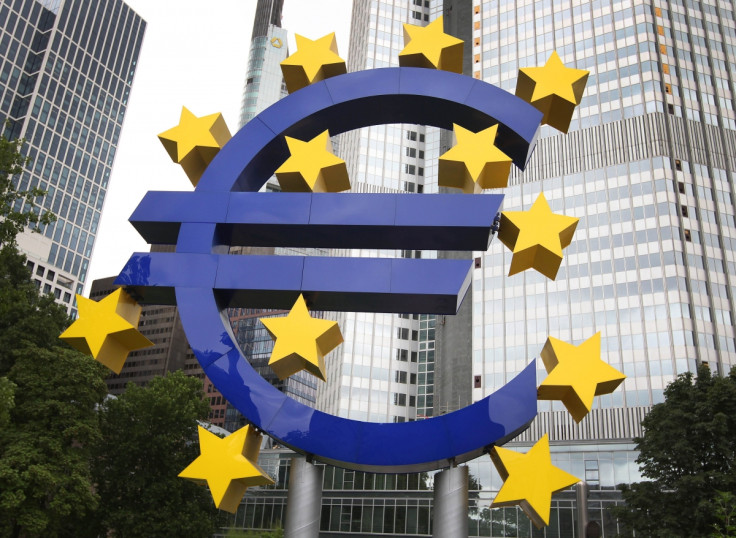Eurozone inflation turns negative as weak oil prices push rates down

Eurozone inflation turned negative in September, falling to -0.1%, according to figures published by Eurostat. The official statistics body explained prices had dropped from 0.1% in August.
The figures are likely to make the European Central Bank (ECB) consider the size of its Quantitative Easing (QE) programme. Energy prices have weighed down the inflation rate, as the costs for consumers dropped by 8.9% in September, from a 7.2% fall in August.
Euro area inflation down to -0.1% in Sept 2015 (Aug +0.1%) - flash estimate from #Eurostat https://ec.europa.eu/eurostat/documents/2995521/7012731/2-30092015-BP-EN.pdf/df6fa82d-08e9-4470-a730-9491dbcc5646 pic.twitter.com/c1JVlP6QNS
— EU_Eurostat (@EU_Eurostat) September 30, 2015
The overall growth rate of the pricing of non-energy products were all down slightly, but it was the strong fall in energy prices that sent inflation down. In June, the ECB revised its inflation forecast for the zone to 0%, down from 0.5%.
On 3 September, ECB president Mario Draghi already hinted at a possible increase of the QE programme, which sent markets soaring as investors worry about the economic situation of the Eurozone. The Quantitative Easing programme is currently worth €1.1bn.
Euro area flash inflation: Food +1.4%, Services +1.3%, Other goods +0.3%, Energy -8.9% in Sept 2015 #Eurostat https://ec.europa.eu/eurostat/documents/2995521/7012731/2-30092015-BP-EN.pdf/df6fa82d-08e9-4470-a730-9491dbcc5646
— EU_Eurostat (@EU_Eurostat) September 30, 2015
Eurostat also announced that overall unemployment in the Euro area was at 11% in August, in line with the number in July, but down 0.5 percentage points from the year before. The inflation rate dipped under the 0% level for the first time since March, after which it seemed the rate was set to edge up, hitting 0.3% in May.
Howard Archer, chief economist at IHS Global Insight, said: "A marked relapse in oil prices and very weak commodity prices first undermined and then reversed the upward trend in Eurozone consumer prices that had seen it move from deflation of 0.6% in January to inflation of 0.3% in May.
"Despite renewed Eurozone deflation in September, it remains highly unlikely that Eurozone consumers will start to delay purchases in anticipation of falling prices; rather they are likely to continue to enjoy the boost to their purchasing power coming from mild deflation or low inflation."
© Copyright IBTimes 2025. All rights reserved.






















